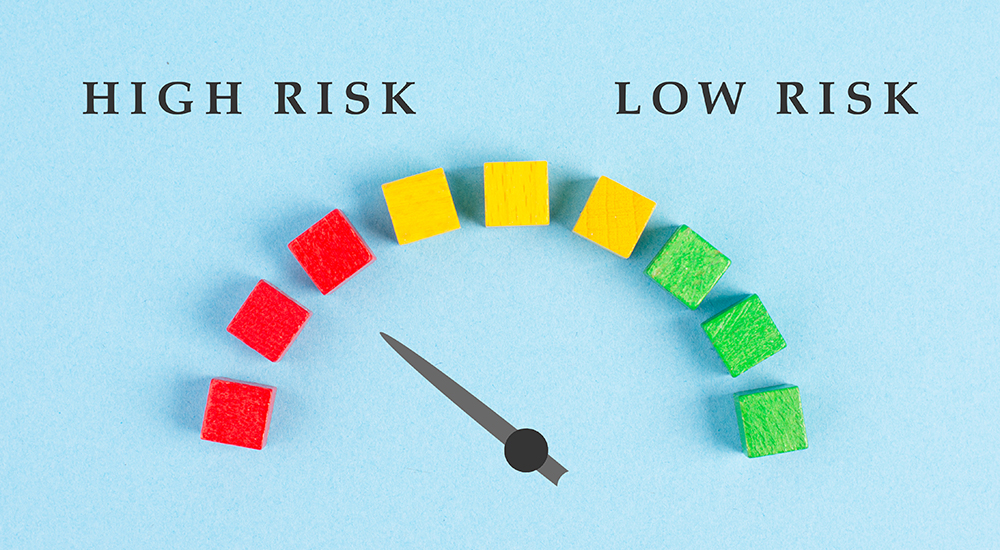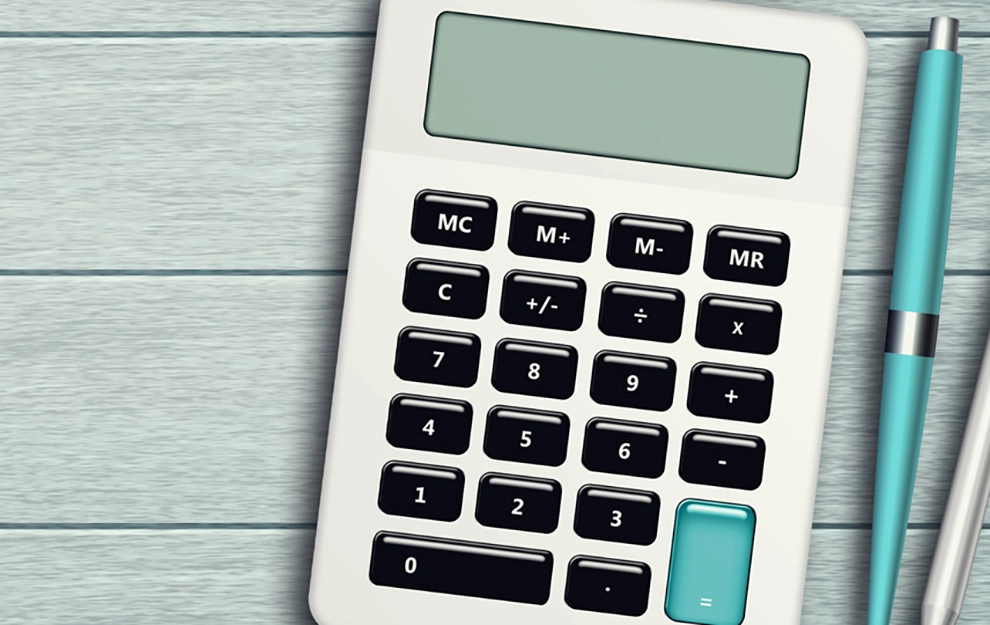Welcome to our new domain: sbical.bank. Please update your bookmarks accordingly.

9th Jun 2025Reading Time: 7 Minutes
Have you ever wondered what makes lenders approve or deny a loan?
One of the factors they consider is your credit score. Whether you're applying for a mortgage, getting a new credit card, or even renting an apartment, your credit score plays a huge role in your financial life.
But what exactly is a good credit score, and what can you do to improve yours?
If you’re unsure where you stand in the credit score range, don’t worry—you’re not alone.
In this guide, we’ll break down credit scores, what lenders consider a good credit score, and how you can build or maintain strong financial health.
Let’s get into it.
A credit score is a three-digit number that reflects how responsible you are in repaying borrowed money and managing debt.
It is based on your credit history, payment punctuality, total debt levels, and how long you’ve used credit. Lenders use the score to assess your creditworthiness and likelihood of timely loan repayment.
Your credit score is determined by several factors, including:
The higher your credit score, the better your chances of getting loans with low interest rates.
A strong credit score can also help you qualify for better rewards on credit cards and make big financial moves easier.
Your credit score range determines whether you’re considered a risky or reliable borrower.
The most commonly used credit scoring system in the U.S. is the FICO score, which ranges from 300 to 850.
Breaking Down the Credit Score Ranges
Aiming for at least a good credit score (670 and above) is ideal, but the closer you get to the max credit score (850), the better.
A good credit score on the FICO scale typically falls between 670 and 739.
This range makes lenders feel confident about approving your applications without charging sky-high interest rates.
If your score is below 670, improving it can open up better financial opportunities.
If your credit score isn’t where you want it to be, don’t stress—there are ways to fix it.
A strong credit score makes life easier, from buying a home to securing low-interest loans.
The highest credit score you can achieve is 850, but very few people reach it.
While you don’t need a perfect max credit score, getting close to 800 is a great goal.
Reaching an 800+ credit score can give you the best financial opportunities, like ultra-low interest rates and VIP rewards on credit cards.
There are many misconceptions about credit scores. Let’s clear them up.
Knowing the facts can help you make smarter credit decisions.
At SBI California (SBIC), we understand how important a strong credit score is for financial success.
Whether you’re looking to open a new online savings account or apply for credit cards, we provide services that help you manage your finances wisely.
With SBIC, you can take control of your finances and confidently work toward a good credit score.
Your credit score is one of the most important numbers in your financial life. A good credit score opens doors to better loan rates, lower interest on credit cards, and overall financial stability.
If your score needs improvement, focus on paying bills on time, using credit wisely, and keeping your credit utilization low.
Over time, these habits will help you reach a higher credit score and enjoy greater financial freedom.
SBI California (SBIC) offers the right tools, from credit cards to online savings accounts, to help you build and maintain excellent credit.

Get the best value for your money with our reliable and up-to-date exchange rates. Whether you’re traveling or transferring funds internationally, we offer competitive rates for seamless global transactions.

Grow your money with our attractive deposit rates, offering high returns and flexible terms. Whether you’re saving for the future or looking for short-term options, we have the perfect plan to suit your needs.

Start saving for retirement with competitive rates and tax benefits. Choose a Traditional or Roth IRA and grow your wealth with confidence. Visit us today to open your account!
Copyright © State Bank of India, California 2025, All Rights Reserved.